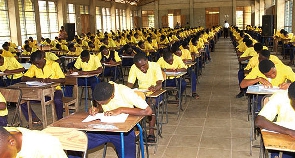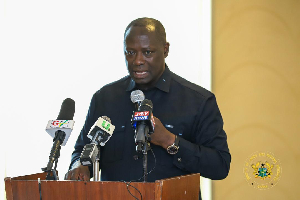As the challenges of the current education system continue to surface, it has become increasingly clear that the West African Examinations Council (WAEC) needs to reconsider its approach to assessing students. A single examination should not determine the future of students without taking into account their continuous assessment throughout the academic year.
WAEC must seriously consider incorporating various forms of student assessment — including homework, class tests, group projects, and other assignments — into the final examination results for WASSCE candidates. It is unrealistic and unfair to measure a student’s capabilities based solely on one high-pressure exam, especially when many students may perform better in classwork than in formal examinations.
Relying solely on WASSCE exams disregards students' efforts in daily learning. It doesn't make sense to ignore continuous assessments, which provide a more holistic view of a student’s strengths, weaknesses, and overall academic growth. Many students excel in practical work, group assignments, and classroom tests but are unfairly judged based on their performance in just one exam.
By incorporating these assessments, WAEC would reduce the pressure on students and encourage a deeper, more meaningful learning experience. It would allow students to demonstrate their knowledge and skills over time, not just under the stressful conditions of a final exam.
If education aims to nurture well-rounded individuals, then WAEC must adopt a system that evaluates students fairly and comprehensively, considering all aspects of their academic journey. The time for change is now — and WAEC must take action to ensure a brighter future for our students.
Opinions of Thursday, 3 October 2024
Columnist: Samuel Kwadwo Ye - Large Obour















